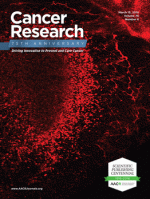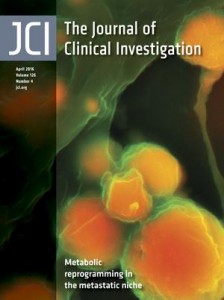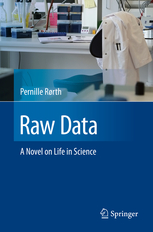 A DC court has denied part of George Washington University’s motion to dismiss a $8 million lawsuit by a biologist who claims his employer mishandled an investigation into his work.
A DC court has denied part of George Washington University’s motion to dismiss a $8 million lawsuit by a biologist who claims his employer mishandled an investigation into his work.
Last spring, GW filed a motion to dismiss the case, brought forward by Rakesh Kumar, who has three retractions. A judge has allowed the case to proceed, honoring parts of the school’s motion to dismiss, but denying most of it.
The memorandum opinion gives the specifics:
Continue reading DC court allows part of lawsuit against GW to proceed








